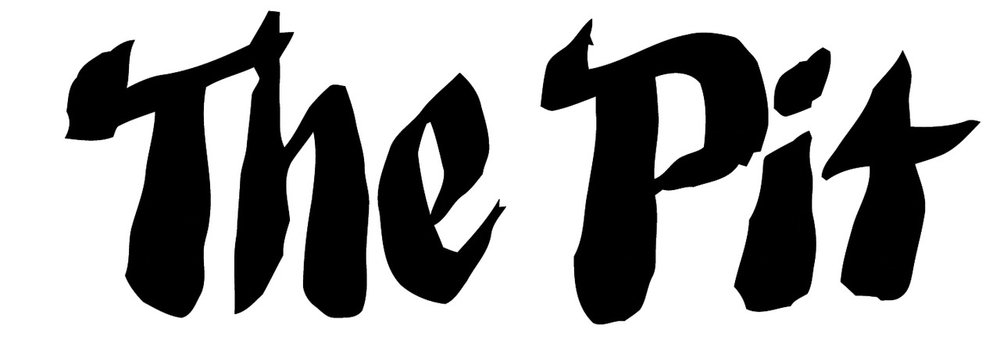Devin Troy Strother was born in West Covina, CA in 1986 and lives in Los Angeles, CA. He received a Bachelor of Fine Art from ArtCenter College of Design in Pasadena, CA in 2009 and completed a residency at Skowhegan School of Painting and Sculpture in Skowhegan, Maine in 2010. One person exhibitions of his work have been presented at The Pit, Los Angeles, CA (2024), Broadway Gallery, New York, NY (2023), Ruttkowski 68, Cologne, DE (2022), Over the Influence, Hong Kong (2019), Shoot The Lobster, Los Angeles, CA (2018), V1 Gallery, Copenhagen, Denmark (2018), Marlborough Contemporary, New York, NY (2017), Ruttkowski 68, Cologne, Germany (2017), Richard Heller Gallery, Santa Monica, CA (2016, 2015, 2013), Marlborough Chelsea, New York, NY (2015), and Bendixen Contemporary, Copenhagen, Denmark (2014, 2012). His first institutional exhibition at his Alma Mater ArtCenter College of Art and Design opened on March 18, 2025 and is on view through June 21, 2025. His works are in the permanent collections of The Los Angeles County Museum of Art; The Santa Barbara Museum of Art; the Studio Museum in Harlem; and The California African American Museum in Los Angeles as well as in prominent private collections worldwide.
Strother’s practice is rooted in appropriation and abnegation. The artist often returns to a lesson from his art school training, which ordered him to dutifully make copies of master paintings, and loosely reapplies it to Guston. Strother freely borrows signature moves from other artists, such as Jasper Johns, Walead Beshty, Cory Arcangel, and Barnett Newman, to name a few, some of whose most celebrated works were appropriative too. Within this brazen cribbing, Strother posits that originality is constructed, either by the market or social contract. And as much as we might be aware of this, institutions and gatekeepers tend to disregard “derivative” artwork all the same. So at which point does appropriation and derivativeness become truly distinct from one another? Strother seems to continually answer that through a certain attitude or posture: since black culture is relentlessly appropriated by mainstream music, fashion, and language, the tables should be turned on the art world’s endless demand for “innovation”.

